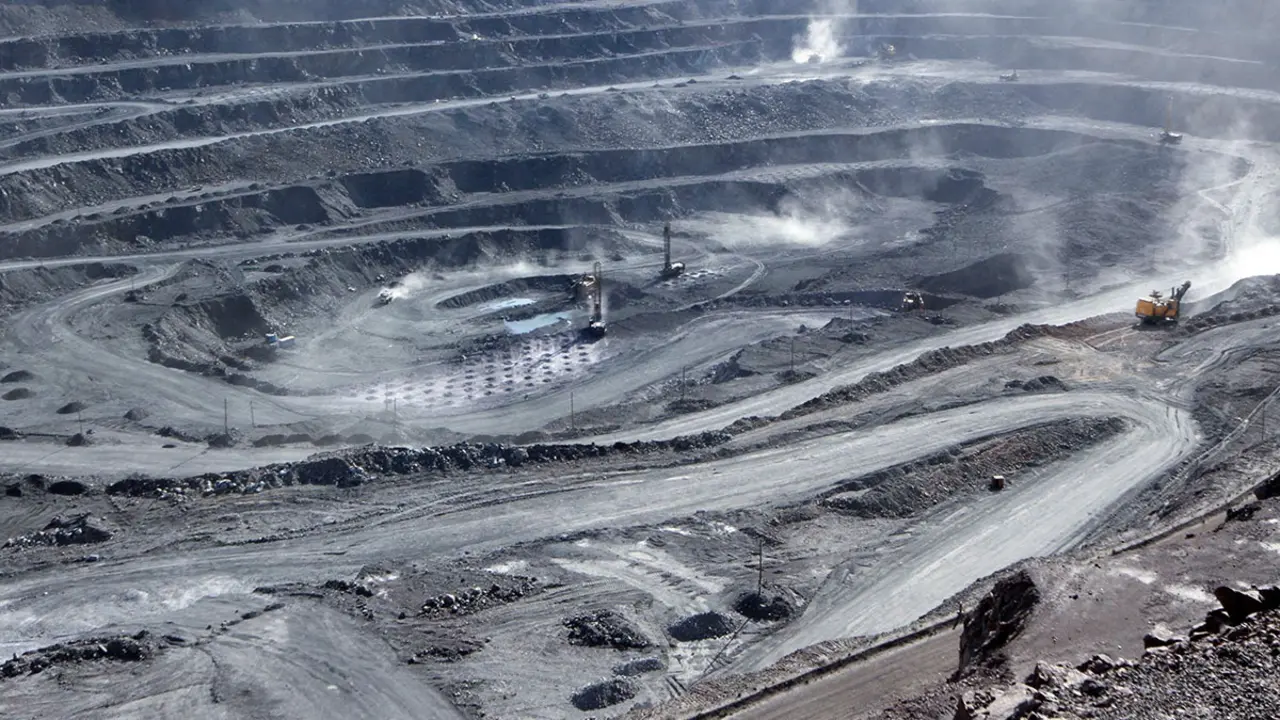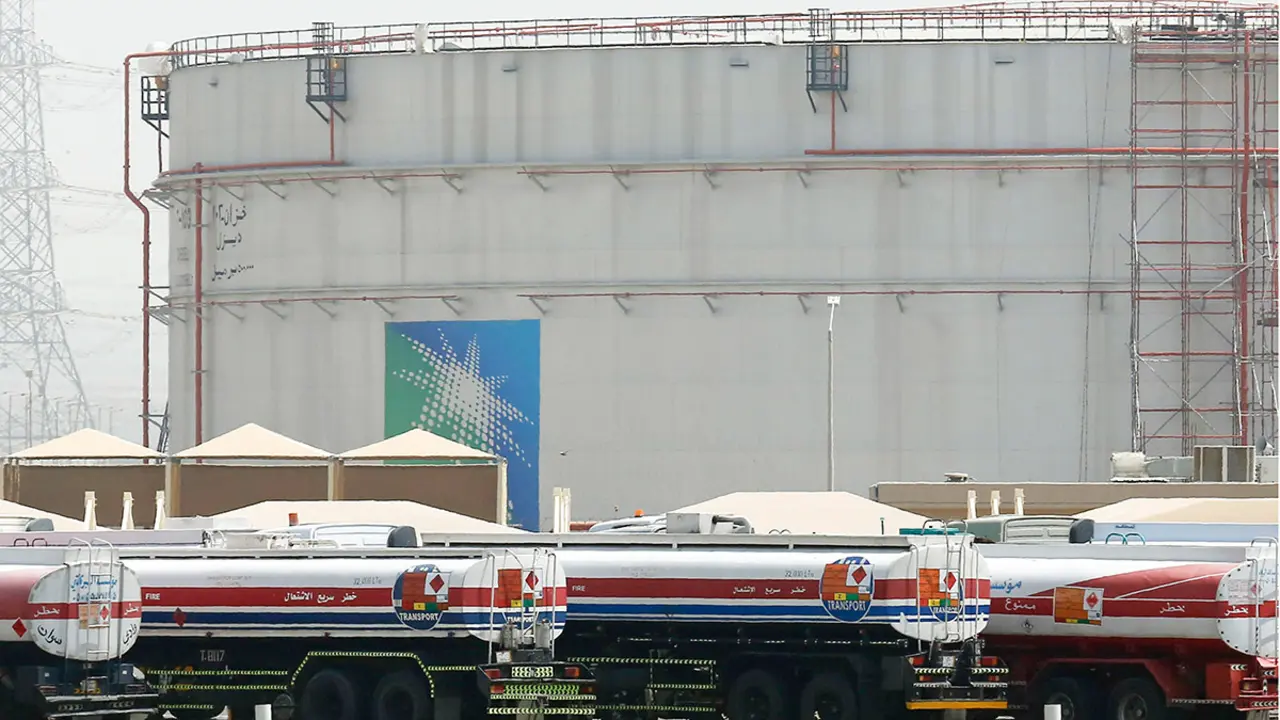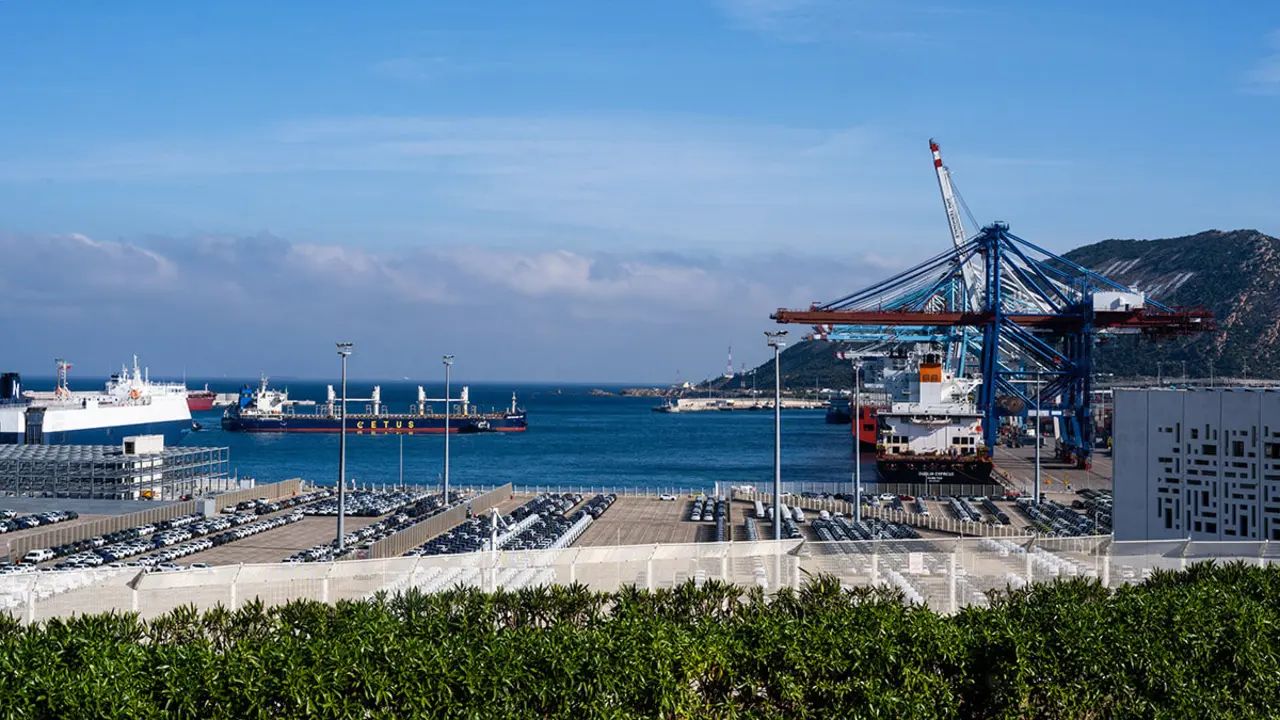Crecimiento económico sostenido de Marruecos: el Banco Mundial prevé un futuro prometedor
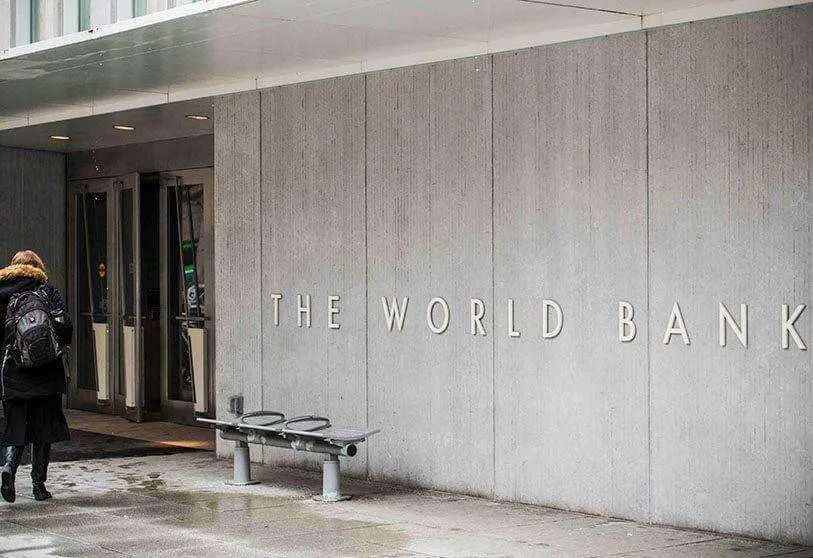
Morocco is expected to experience sustained economic growth as the year 2024 progresses. The World Bank projects growth of 3.4%, slightly higher than the 3.1% projected for 2023. The current slowdown is partly due to global trade tensions, as well as weakening domestic demand and low commodity prices. To sustain growth, the Moroccan government must continue to implement structural reforms to improve competitiveness and reduce dependence on natural resources.
Despite the economic slowdown, the Moroccan government is committed to implementing proactive policies to increase public and private investment in infrastructure, rural development and education. These investments are mainly focused on rural areas. The government has reduced taxes for new foreign investors and increased spending on renewable energy, with the goal of achieving 100% renewable energy by 2040. The Moroccan government has also announced the launch of a series of economic reforms to increase the competitiveness of the economy. These reforms include liberalising the agricultural market, reducing energy subsidies, reducing regulations for businesses and diversifying the economy. These measures are aimed at improving the investment climate and attracting more foreign investment.
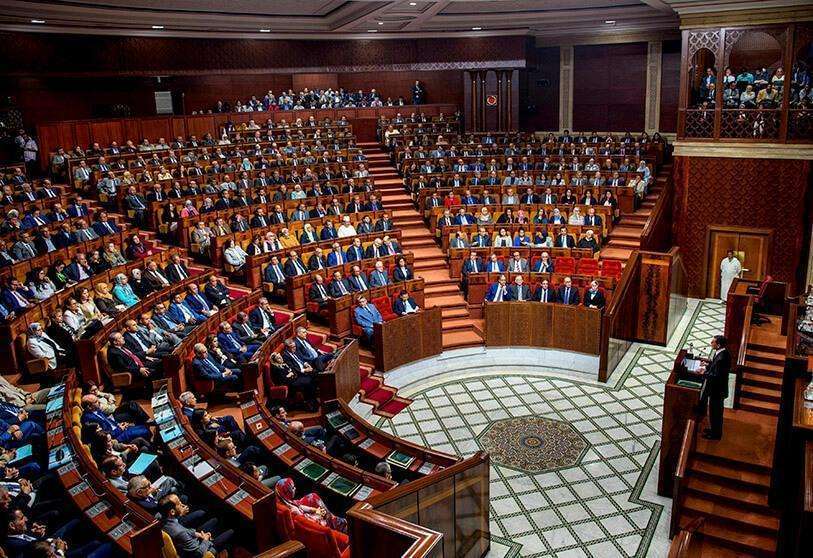
The World Bank predicts that growth in the Middle East and North Africa (MENA) will slow down in 2023, due to the global economy. Oil-exporting countries, which benefited from a rise in energy prices in 2022, will experience the biggest growth slowdown. Despite lower energy prices, MENA oil-exporting countries expect to outpace the growth of non-oil-exporting countries, with the exception of Egypt.
This has constrained growth as banks have tightened lending requirements, which has reduced the credit available to the economy. In turn, it has affected key industries and the economic boom. The tightening of monetary policy in the region is therefore expected to have a negative impact on development. The report warns of the long-term challenges that rising inflation may pose in the short term. Food prices have risen significantly, which has had a major impact on households in the region, making it more difficult to access basic food staples. This can have major consequences.
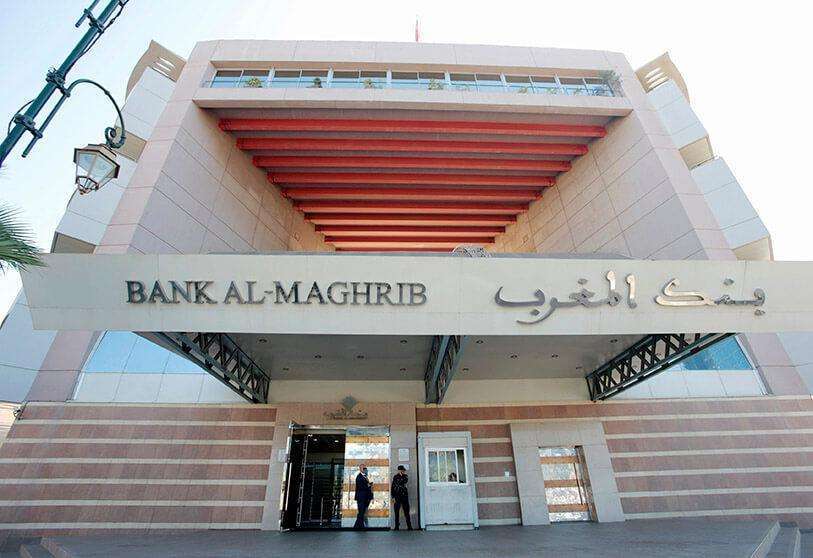
This means that food prices have risen much faster than the average wage of the working poor. This situation is even more worrying because the cost of the basic food basket has risen significantly in the region. To address this situation, regional governments must implement policies to improve living conditions and combat food inflation. In addition, governments have undertaken measures to address the situation, including reducing food taxes, improving agricultural infrastructure, encouraging the use of more efficient food production technologies, increasing agricultural production, praising food prices and providing financial support to farmers.
However, these measures have not yet succeeded in reducing food inflation in the region, and there is a need for governments in the region to adopt more comprehensive policies to improve the living conditions of those most in need. These include the reduction of inequality, widespread access to education, the development of a diversified economy and the creation of food aid programmes. Reducing food poverty and malnutrition is fundamental to improving the well-being of citizens in the MENA region.




